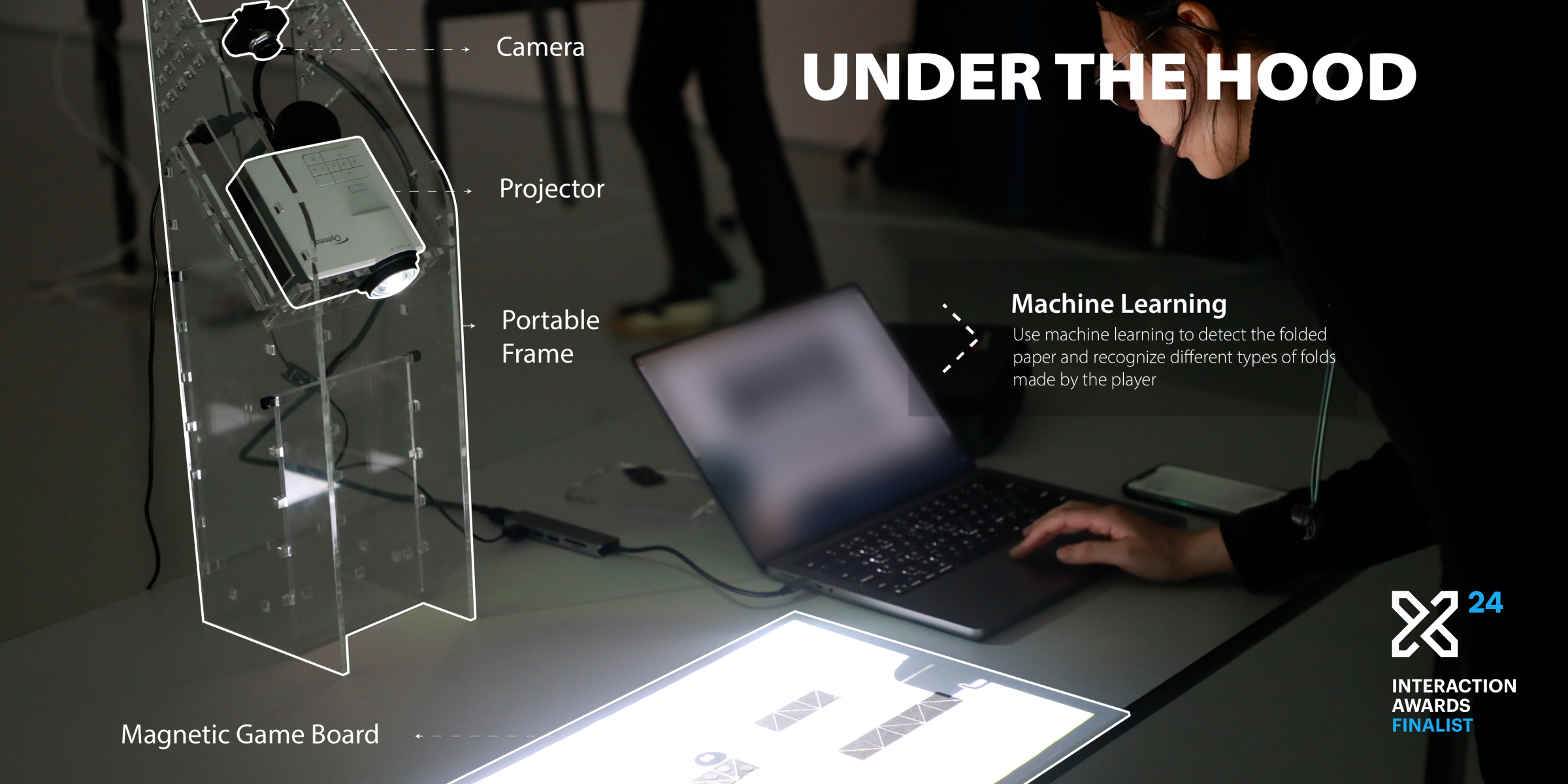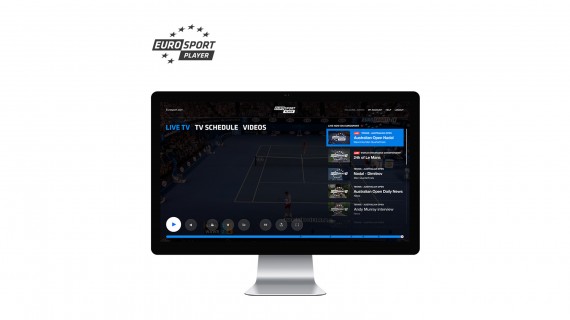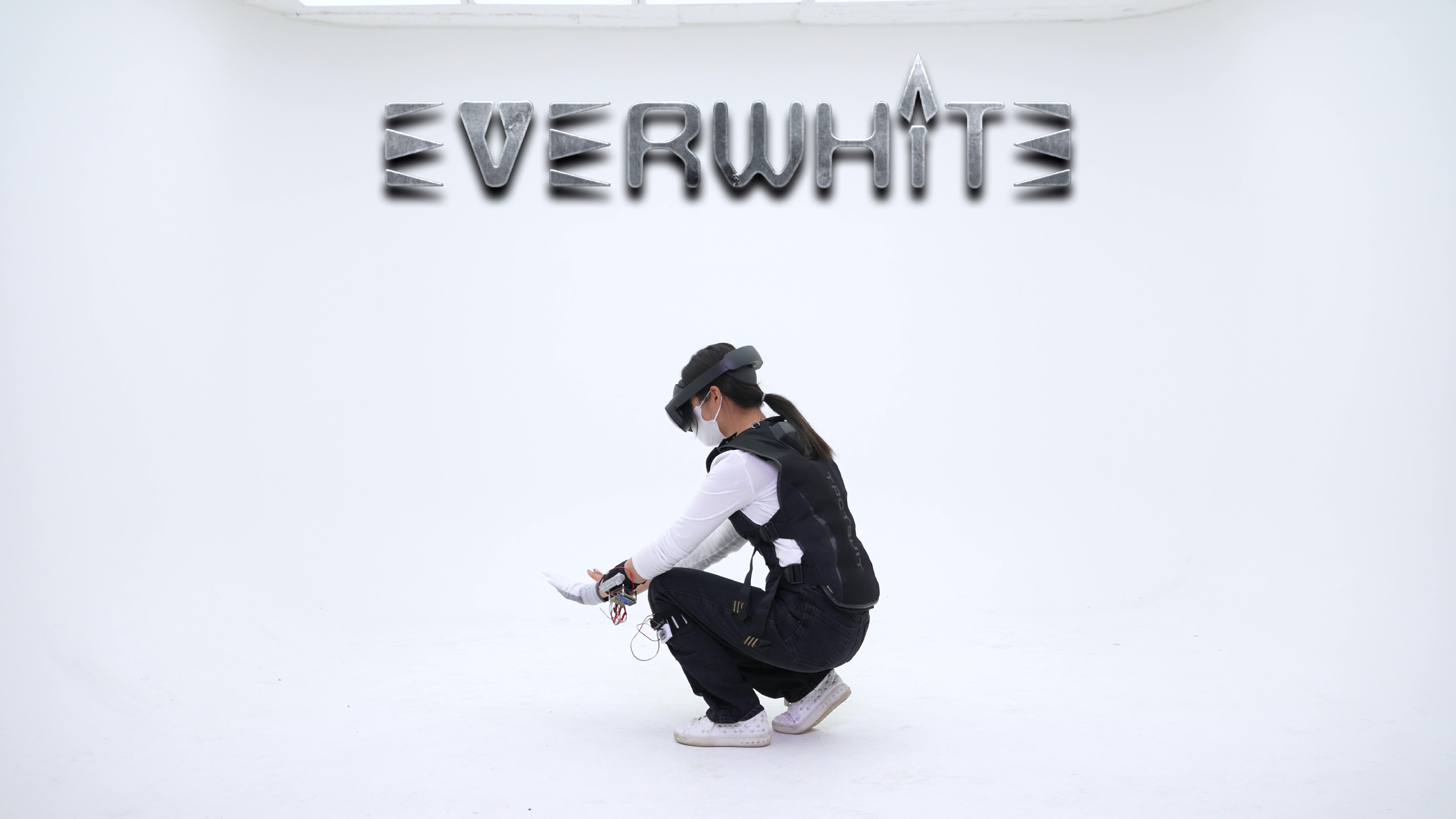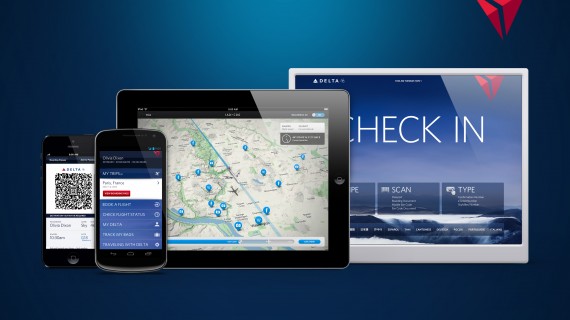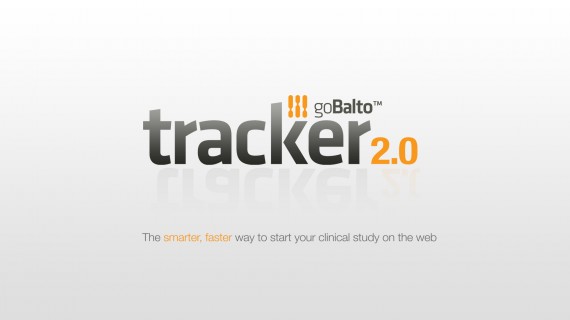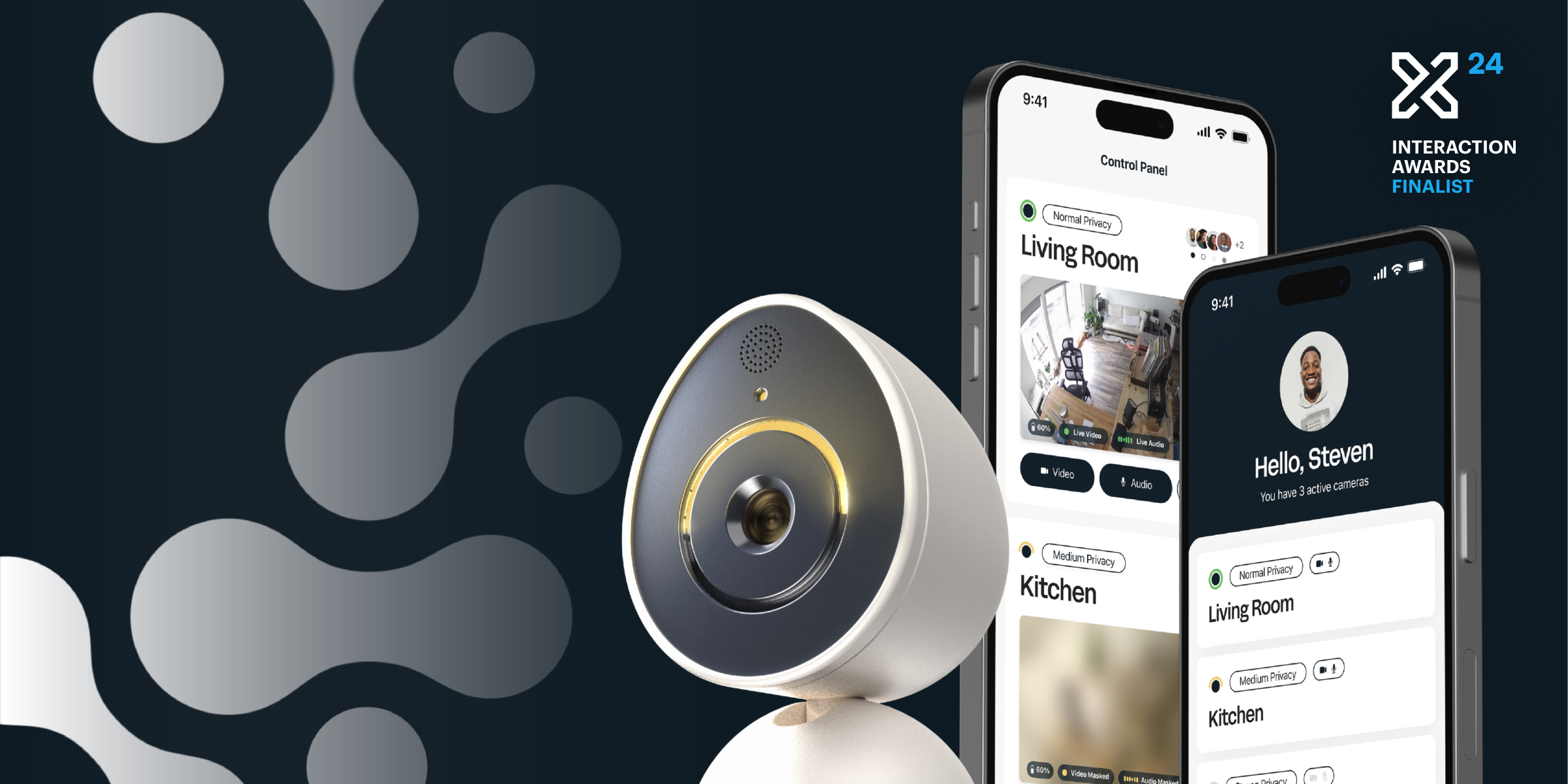Iuvo
Team
Company | Institution
Category
Type
Project description
Iuvo is a kit of stand-alone smart modules, sensors and actuators that perceive their layouts and physical configurations and compile parts of the code. It supports creatives in designing and prototyping interactive artifacts.Iuvo is a tool designed for creatives without a background in coding or electronics. It is a further step towards the abstraction of prototyping boards currently available in the market; circuits and textual code are replaced with snap-fits and visual programming.It is a physical product and also a service where the projects created are automatically updated on the web and available to other users. Thus the content is generated continuously and everyone can benefit from other people's achievements.People can start learning through a system based on hands-on activities, rewards and challenges.Using Iuvo, anyone with an idea of an interactive project has the opportunity to make it by combining existing projects in a smooth and straightforward way. This said, it is still possible to start from scratch, using the visual language provided that can be directly manipulated in the browser-like editor.It aims at facilitating makers in developing their ideas by providing a learning experience rather than a learning experience rather than a technological tool.
Context
Iuvo is the result of an exploration in the field of peer-to-peer knowledge, a domain in constant evolution by definition. For this reason the service was designed as non-centralized and user-generated, while the physical product can be updated constantly thanks to a tiny microcontroller embedded in every module. The context is very dynamic on the learning side: the one-way tutorial model is shifting to collaborative models based on shared experiences.
On the physical side, we cannot ignore the innovations brought by low-cost digital fabrication. These innovations empower tremendously what we were used to call consumers, and force manufacturers to rethink their business models. The digitalization of products will grant access to low-cost production to a larger number of people: just think about what happened with music or videos. In this context, Iuvo is a tool for expressing ideas, using all the available technologies at an abstract level. If someone wants to build let’s say a cat-feeder, one should not have to know Ohm’s law or low level coding. There is a lot of material on the internet but is not centralized and hard to find for beginners.
Impact
Being a collaborative project, Iuvo is a concept that is not going to change as many things per se, rather than by being used by the people. This is why it relies on existing platforms like Arduino and TinkerKit that already have a wide users pool instead of trying to start everything from scratch with new boards, new code, protected environments and so on. The main issue is kickstarting the use of the system, and consequently new habits and new approaches to production and use.
Artists and designers were interviewed, most of them have great ideas in terms of digital production and interaction design but they do not have the skills to actually build them without spending time to learn code and electronics. Iuvo can be a solution for them. In fact once they tested the product, they were enthusiasts and wanted to participate in the development.
The learning service has been iteratively validated by non-skilled people and the outcome turned out to be more similar to a game than to a tutorial system.
People can benefit from the service also in terms of business improvement, not only by creating innovative interactions with customers but also by easily prototyping and testing
Craft
Iuvo relies on a series of existing platforms: the idea behind this decision is to make use of popular and successful designs that have already been tested and improved instead of starting from scratch. There are multiple products that define closed environments by creating new standards, but this looks very unsuitable for a system designed to empower users. The modules of Iuvo are designed to be an extension of the Arduino Board. Since the list of sensors and actuators comes from the TinkerKit blocks, the software is based on the Processing/Arduino IDE with modifications in order to make it responsive. A visual language derived from MIT’s Scratch was added to the textual paradigm. Thus users can exploit their previous knowledge, if they have any, or learn something already existing and widespread instead of starting over again. The content produced is shared by default on the web service of Iuvo: anyone can access other people’s work and load it straight into the modules so that there is no need of creating new code.
Context
Iuvo is the result of an exploration in the field of peer-to-peer knowledge, a domain in constant evolution by definition. For this reason the service was designed as non-centralized and user-generated, while the physical product can be updated constantly thanks to a tiny microcontroller embedded in every module. The context is very dynamic on the learning side: the one-way tutorial model is shifting to collaborative models based on shared experiences.
On the physical side, we cannot ignore the innovations brought by low-cost digital fabrication. These innovations empower tremendously what we were used to call consumers, and force manufacturers to rethink their business models. The digitalization of products will grant access to low-cost production to a larger number of people: just think about what happened with music or videos. In this context, Iuvo is a tool for expressing ideas, using all the available technologies at an abstract level. If someone wants to build let’s say a cat-feeder, one should not have to know Ohm’s law or low level coding. There is a lot of material on the internet but is not centralized and hard to find for beginners.
Impact
Being a collaborative project, Iuvo is a concept that is not going to change as many things per se, rather than by being used by the people. This is why it relies on existing platforms like Arduino and TinkerKit that already have a wide users pool instead of trying to start everything from scratch with new boards, new code, protected environments and so on. The main issue is kickstarting the use of the system, and consequently new habits and new approaches to production and use.
Artists and designers were interviewed, most of them have great ideas in terms of digital production and interaction design but they do not have the skills to actually build them without spending time to learn code and electronics. Iuvo can be a solution for them. In fact once they tested the product, they were enthusiasts and wanted to participate in the development.
The learning service has been iteratively validated by non-skilled people and the outcome turned out to be more similar to a game than to a tutorial system.
People can benefit from the service also in terms of business improvement, not only by creating innovative interactions with customers but also by easily prototyping and testing
Craft
Iuvo relies on a series of existing platforms: the idea behind this decision is to make use of popular and successful designs that have already been tested and improved instead of starting from scratch. There are multiple products that define closed environments by creating new standards, but this looks very unsuitable for a system designed to empower users. The modules of Iuvo are designed to be an extension of the Arduino Board. Since the list of sensors and actuators comes from the TinkerKit blocks, the software is based on the Processing/Arduino IDE with modifications in order to make it responsive. A visual language derived from MIT’s Scratch was added to the textual paradigm. Thus users can exploit their previous knowledge, if they have any, or learn something already existing and widespread instead of starting over again. The content produced is shared by default on the web service of Iuvo: anyone can access other people’s work and load it straight into the modules so that there is no need of creating new code.


